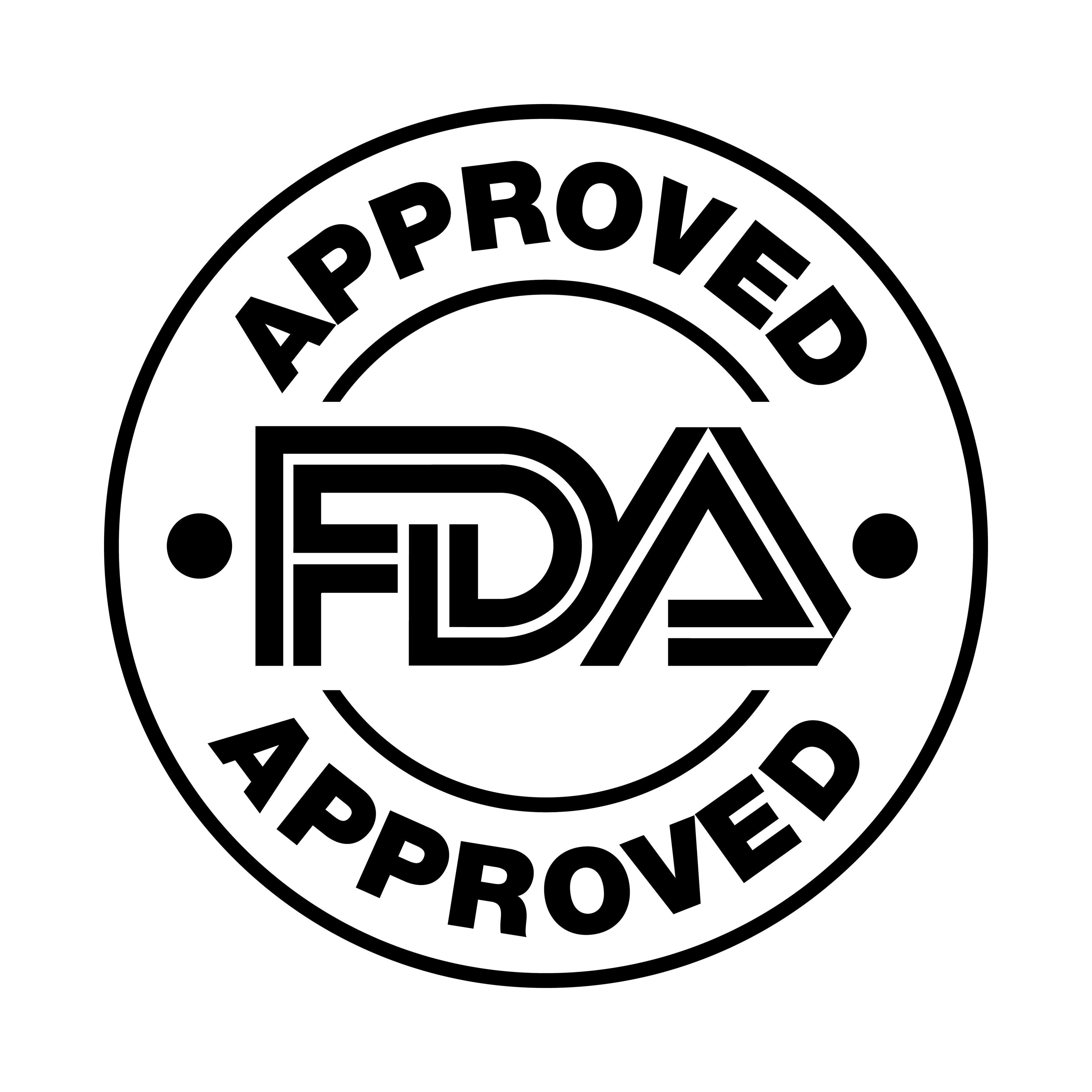Diagnostic Tool That Identifies Patients Suitable for Keytruda Treatment Gets Latest FDA Approval
PD-L1 IHC 22C3 pharmD approved to help identify patients who may be eligible to receive treatment with pembrolizumab (Keytruda) to treat gastric or gastroesophageal junction adenocarcinoma.
Agilent Technologies, Inc., has announced FDA approval of its diagnostic tool, PD-L1 IHC 22C3 pharmDx, to help physicians identify patients who may be eligible to receive treatment with pembrolizumab (Keytruda) to treat gastric or gastroesophageal junction (GEJ) adenocarcinoma.1
Image credit: Calin | stock.adobe.com

The approval makes the tool the only companion diagnostic approved to identify patients with gastric or GEJ adenocarcinoma who are suitable for treatment with Keytruda, a PD-1 inhibitor, plus chemotherapy, trastuzumab (Herceptin), and fluoropyrimidine. The tool has now received the green light by the FDA across six cancer types.1
“PD-L1 expression is a critical biomarker for response to anti–PD-1 therapies such as pembrolizumab,” said Lou Welebob, Agilent vice president and general manager, Pathology Division, said in a press release. “This endorsement underscores Agilent’s leadership in the development of companion diagnostics for groundbreaking anti–PD-1 therapies.”1
Keytruda is an anti-PD-1 therapy that has been found to increase the immune system's ability to detect and fight tumor cells. The humanized monoclonal antibody inhibits the interaction between PD-1 and its ligands, PD-L1 and PD-L2, which leads to the activation of T lymphocytes that may affect tumors and healthy cells.2
The combination of Keytruda, Herceptin, and fluoropyrimidine received accelerated approval by the FDA on May 5, 2021, for the frontline treatment of advanced unresectable or metastatic HER2-positive gastric or GEJ adenocarcinoma.2 This indication was updated on November 7, 2023, to restrict its use to individuals whose tumors express PD-L1 as determined by an FDA-approved test. The updated indication remains approved under the FDA’s accelerated approval regulations.3
The efficacy of the combination was investigated in the multicenter, randomized, double-blind, placebo-controlled, KEYNOTE-811 (NCT03615326) trial, which enrolled patients with HER2-positive locally advanced or metastatic gastric or GEJ adenocarcinoma who were not previously administered systemic therapy for metastatic disease.
Patients were randomly assigned 1:1 to receive intravenous Keytruda 200 mg or placebo every two weeks with Herceptin and either fluorouracil plus cisplatin or capecitabine plus oxaliplatin. The trial found that the Keytruda combination produced an overall response rate of 74% compared with 52% in patients administered placebo. The median duration of response was 10.6 months in patients administered Keytruda compared with 9.5 months in those administered a placebo.4
Merck revealed in June 2023 that the trial achieved one of the trial’s primary end points in showing a statistically significant improvement in progression-free survival following the addition of Keytruda, but the benefit was only observed in patients with PD-L1–positive tumors.5
Beyond the gastrointestinal cancer indications, PD-L1 IHC 22C3 pharmDx can help identify patients with non–small cell lung cancer, esophageal squamous cell carcinoma, cervical cancer, head and neck squamous cell carcinoma, and triple-negative breast cancer who may receive a benefit from treatment with Keytruda.1
References
1. Agilent receives FDA approval for PD-L1 IHC 22C3 pharmDx in gastric or gastroesophageal junction (GEJ) adenocarcinoma. News release. Agilent Technologies. November 14, 2023. Accessed November 14, 2023. https://www.businesswire.com/news/home/20231114123659/en
2. FDA grants accelerated approval to pembrolizumab for HER2-positive gastric cancer. News release. FDA. May 5, 2021. Accessed November 14, 2023. https://www.fda.gov/drugs/resources-information-approved-drugs/fda-grants-accelerated-approval-pembrolizumab-her2-positive-gastric-cancer
3. FDA amends pembrolizumab’s gastric cancer indication. News release. FDA. November 7, 2023. Accessed November 14, 2023. https://www.fda.gov/drugs/resources-information-approved-drugs/fda-amends-pembrolizumabs-gastric-cancer-indication
4. Keytruda. Prescribing information. Merck; 2023. Accessed November 14, 2023. https://www.accessdata.fda.gov/drugsatfda_docs/label/2023/125514s148lbl.pdf
5. Keytruda (pembrolizumab) plus trastuzumab and chemotherapy met primary endpoint of progression-free survival as first-line treatment in patients with HER2-positive advanced gastric or gastroesophageal junction (GEJ) adenocarcinoma. News release. Merck. June 16, 2023. Accessed November 9, 2023. https://www.merck.com/news/keytruda-pembrolizumab-plus-trastuzumab-and-chemotherapy-met-primary-endpoint-of-progression-free-survival-as-first-line-treatment-in-patients-with-her2-positive-advanced-gastric-or-gastroesop/